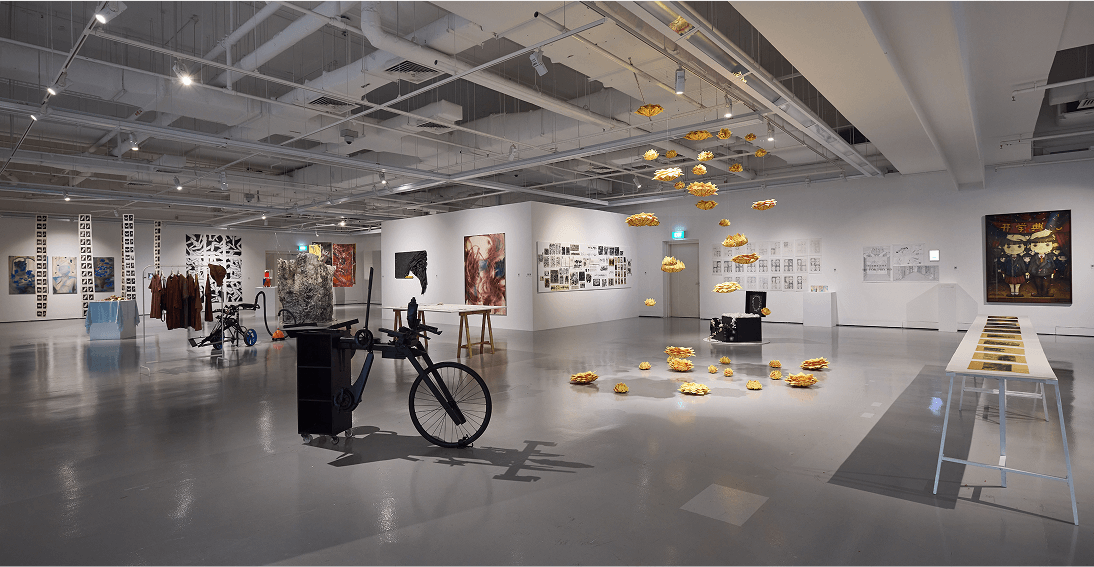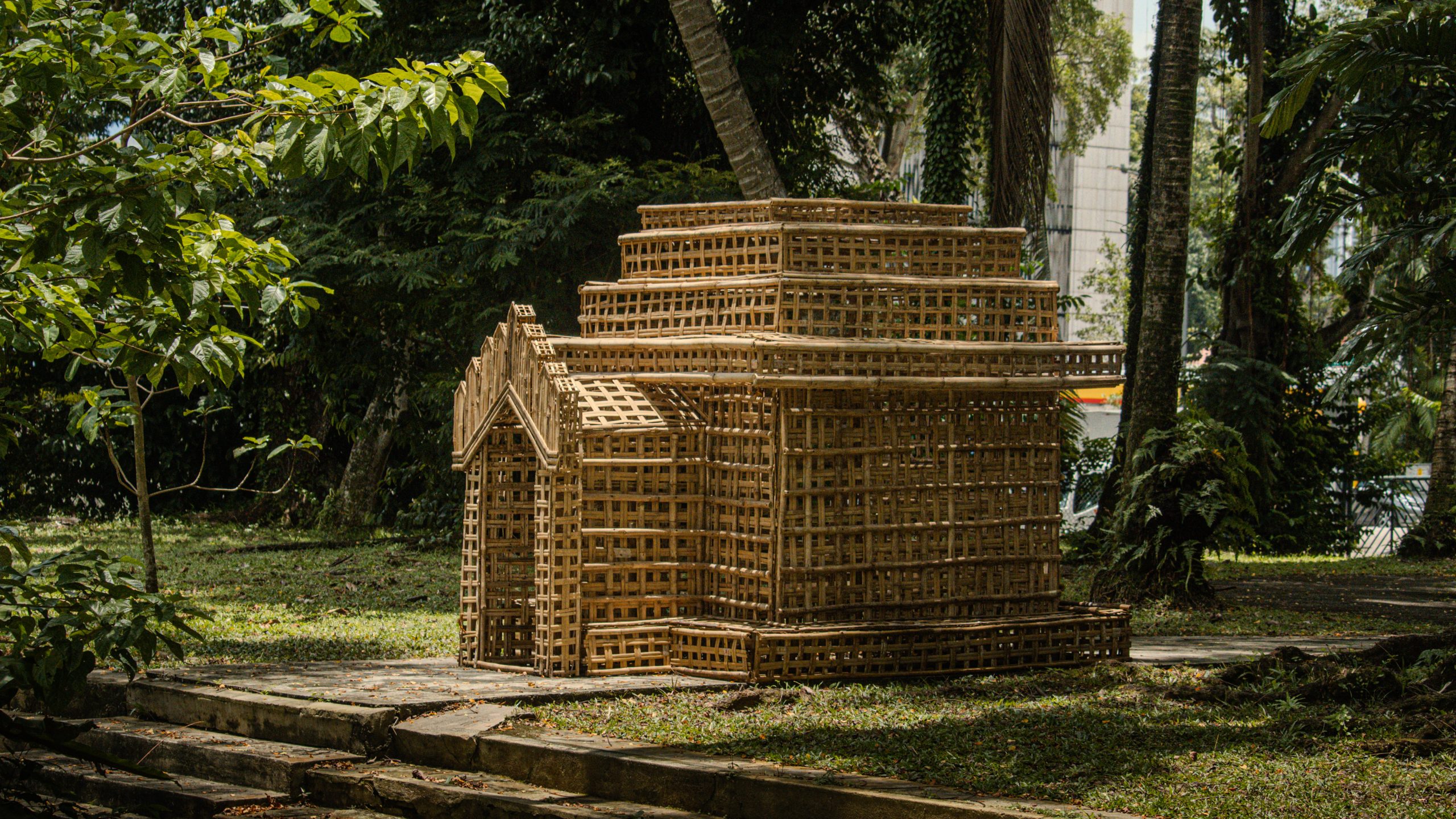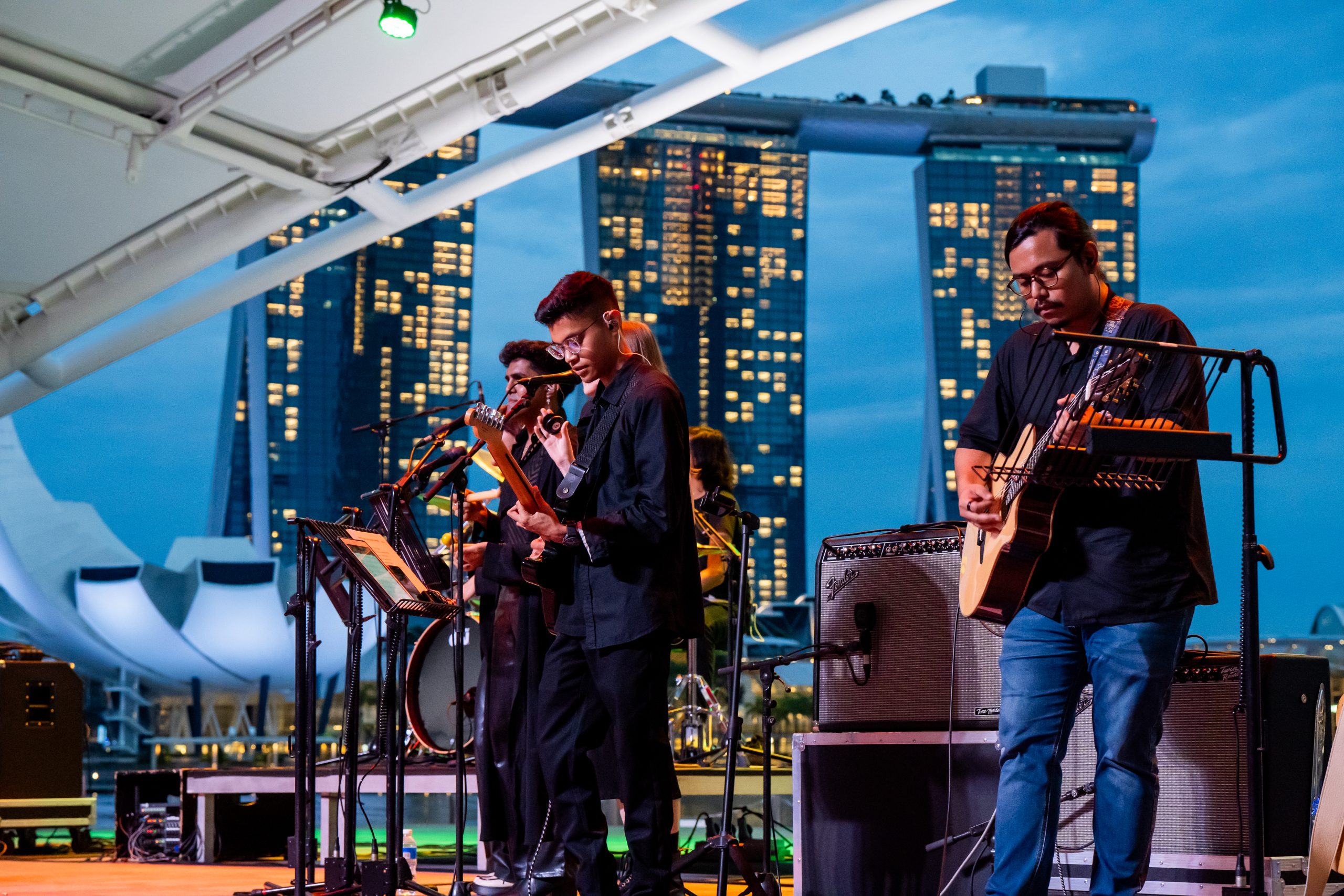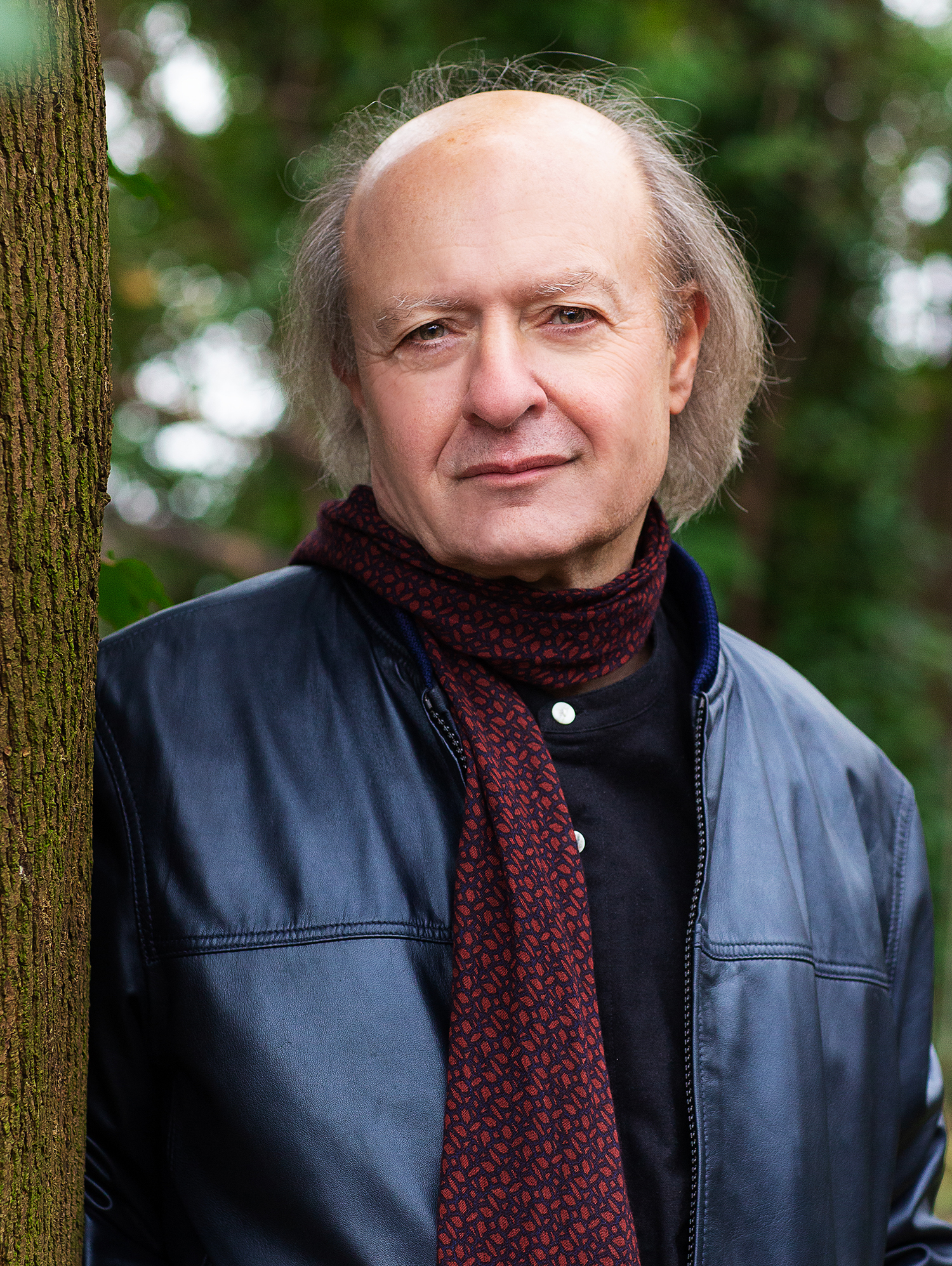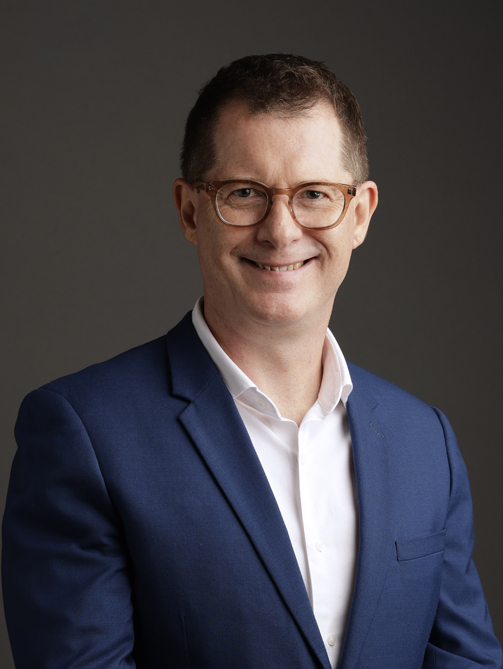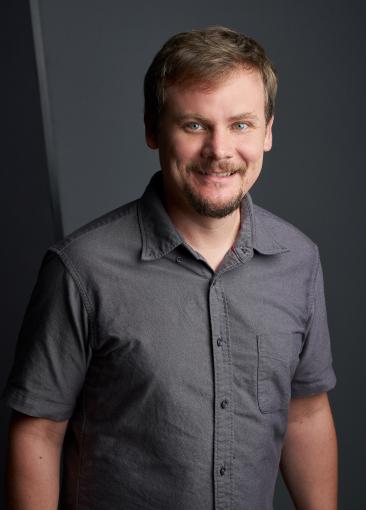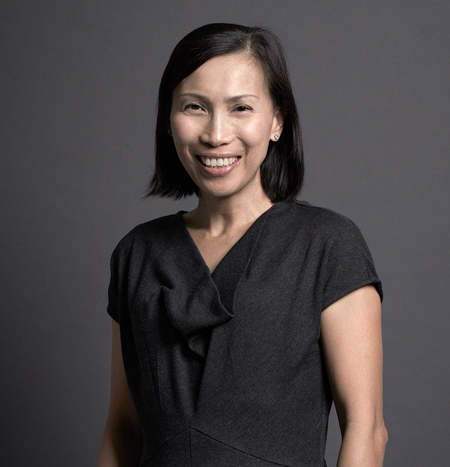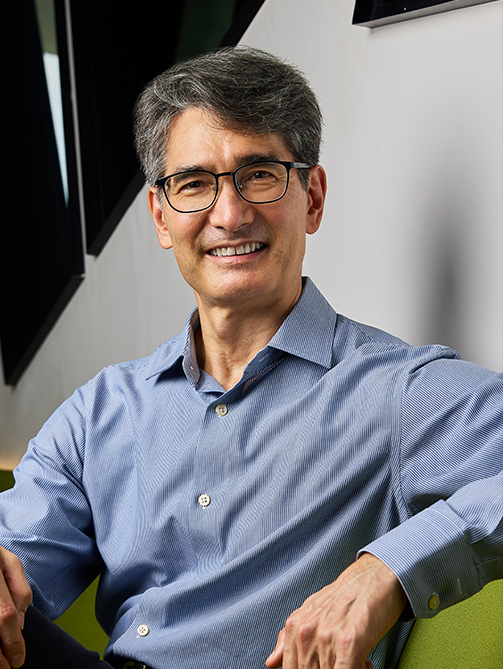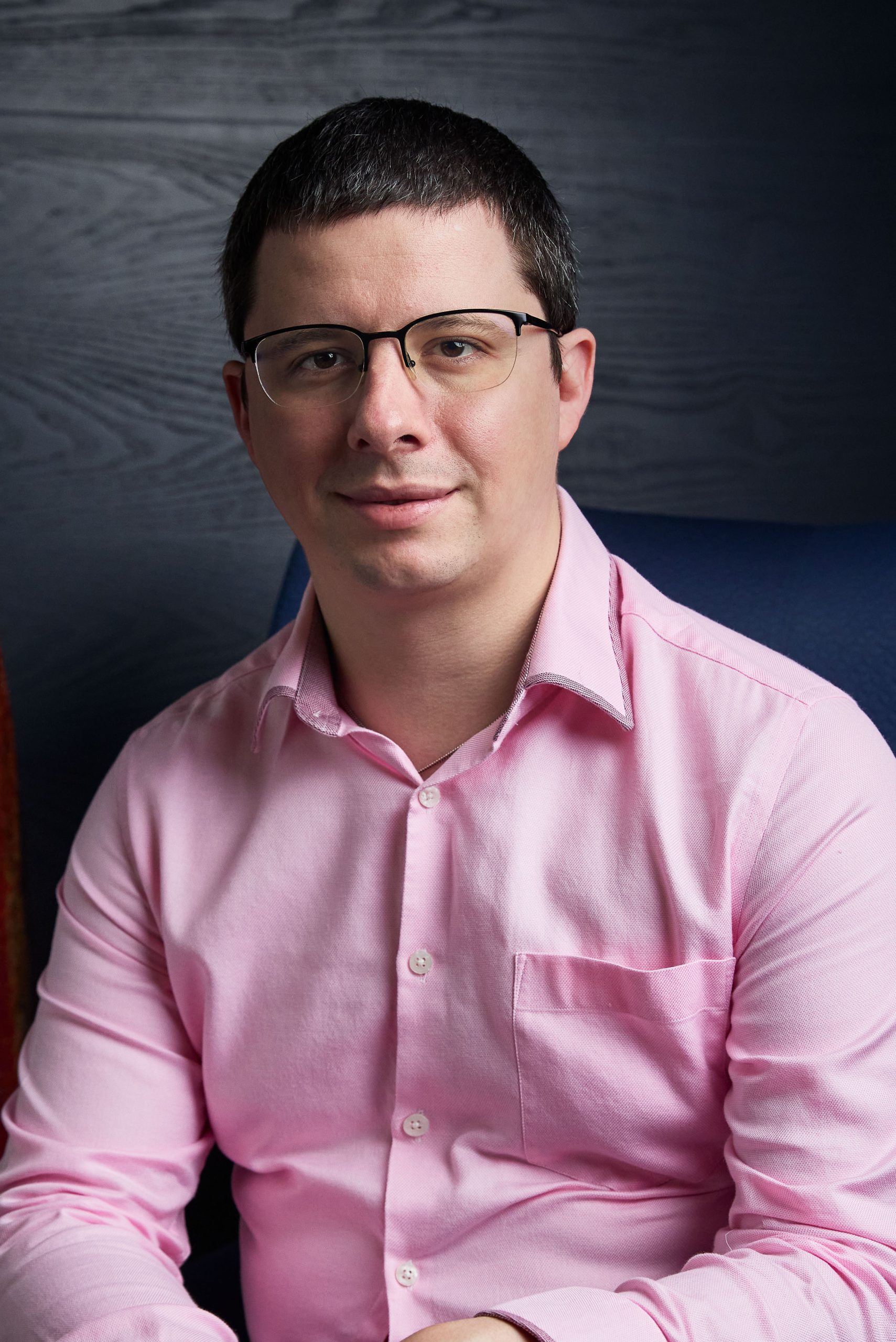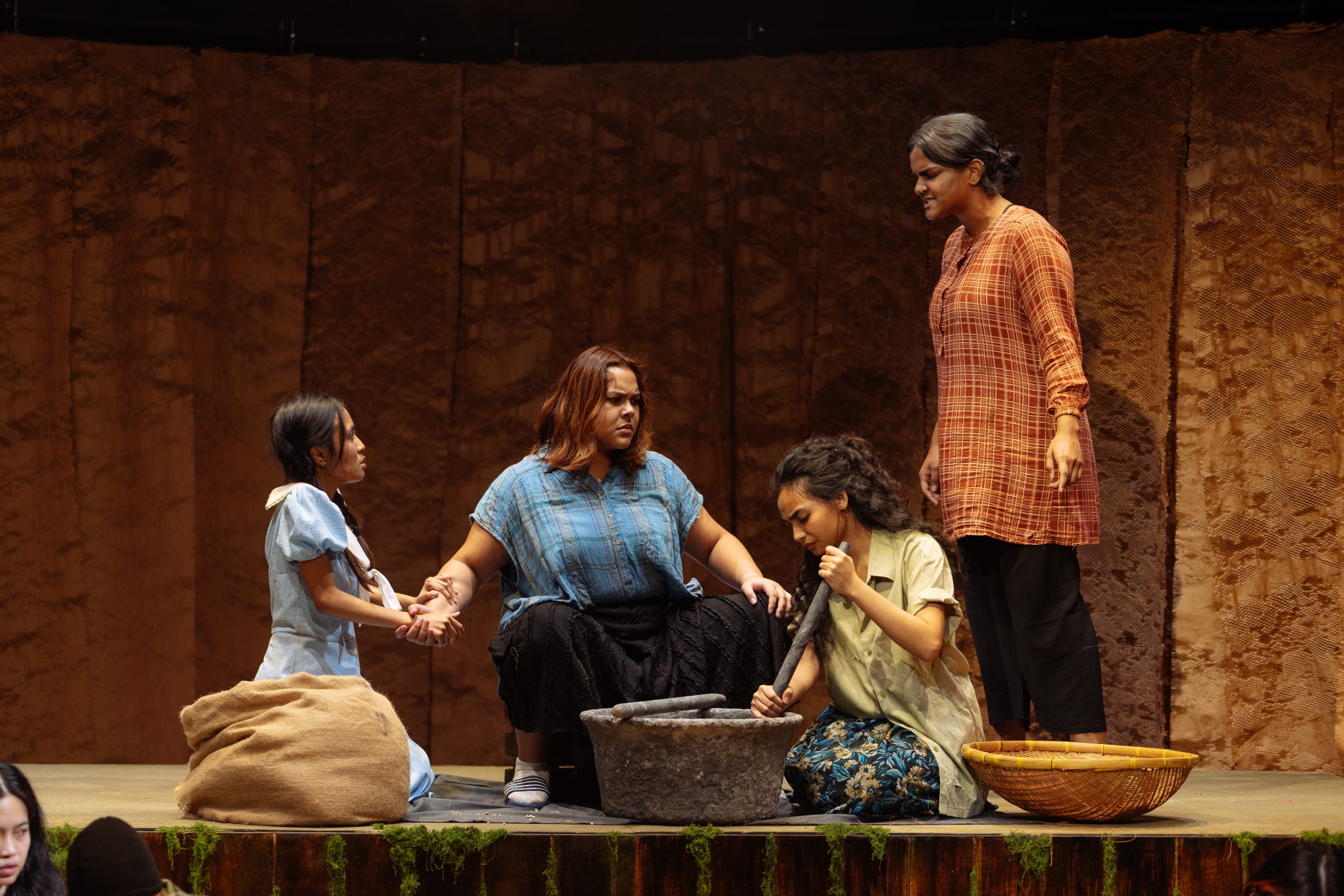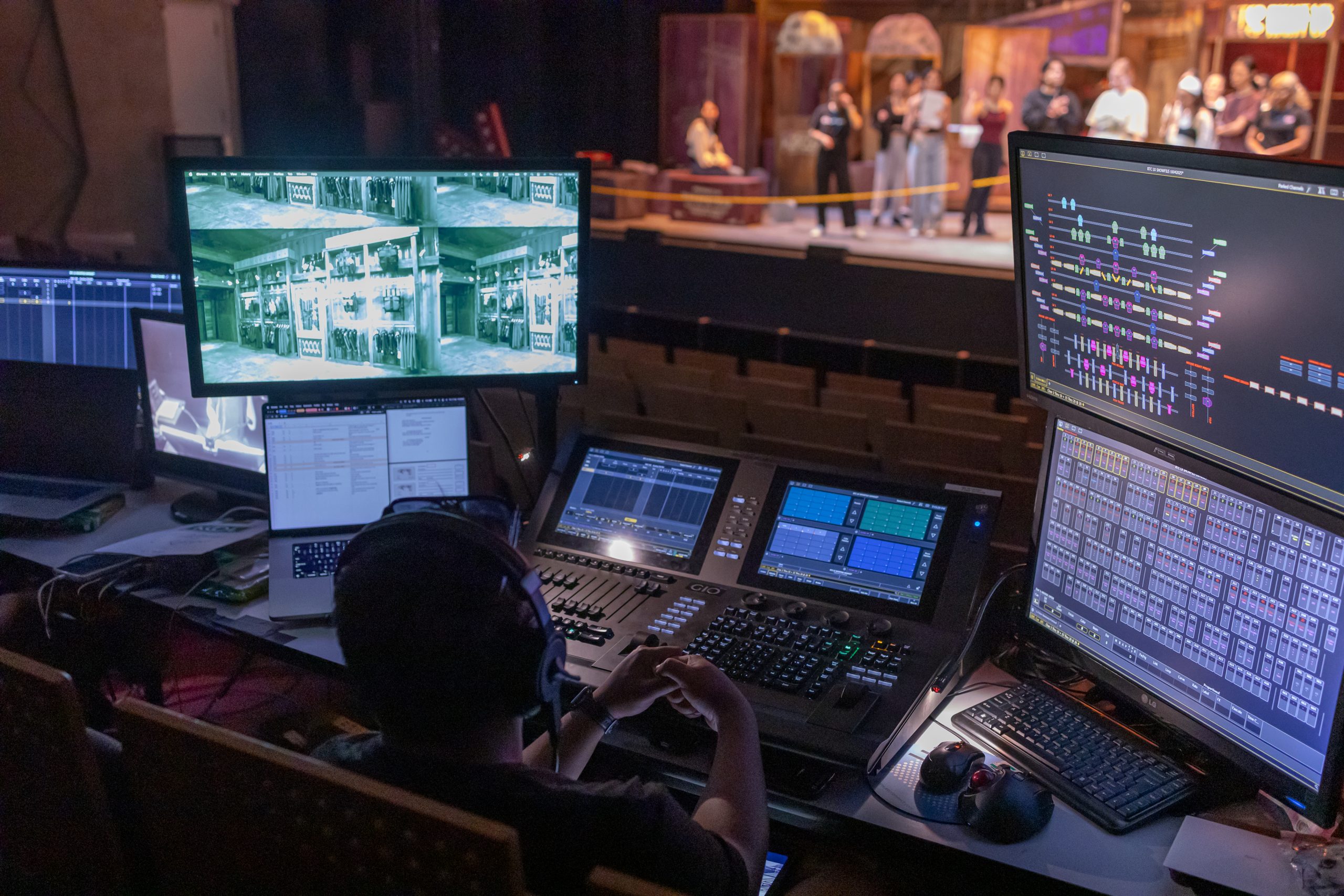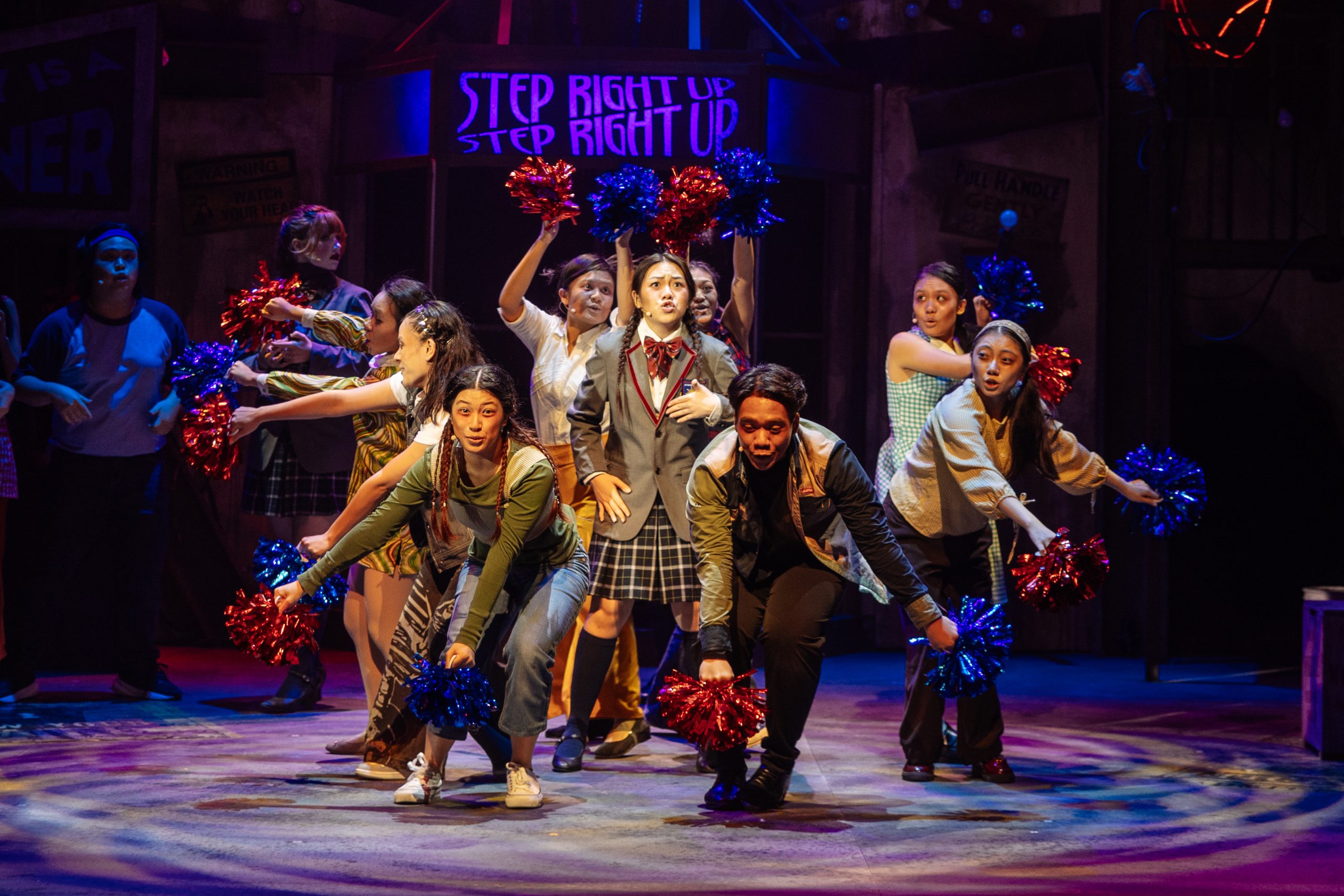Apply by 31 Mar 2026
Application outcomes will be announced by 20 May 2026
Applications are closed for the following programmes:
BA (Hons) Design Communication, BA (Hons) Design for Social Futures (open for local applicants only).
Note
Applications will close once the programme seats have been filled up. Please note that the timeline provided serves as a general guide. Actual outcome release dates may vary.
For local BA (Hons) applicants only:
Shortlisted applicants will be contacted for an interview from Feb 2026 onwards. Application outcomes will be announced progressively by May 2026.
Programme details
Be at the forefront as the next-gen contemporary musician and music-maker.
As an innovative and progressive music degree in Asia, the BA (Hons) Music programme is committed to contemporary approaches to sound through experimentation, improvisation and exploration of new technologies. It is future-focused to respond to the demands of the global creative music industry and deeply committed to transforming the contemporary music scene in Singapore and Asia, offering valuable industry engagement and successful graduate employment.
Uniquely offering five specialist areas of practice including Popular Music Performance, Electronic Music, Jazz Performance, Composition and Arranging, and Classical Performance, you will focus on essential technical skills and repertoire specific to your specialisation, while collaborating with students from other specialisations.
Practice is at the core of this programme, and it is delivered through weekly one-to-one lessons, rehearsals and performances in your ensembles, lessons in music theory, aural training and music technology. Alongside the focus on practice, there is an emphasis on research throughout the programme, preparing you to be a confident and articulate leader in the music industry.
Distinctive programme features include the teaching of live sound and producing techniques – a pioneering improvisation programme for Classical Performance – a focus on conducting in our Composition and Arranging specialisation, and teaching the leading approaches to group improvisation including Soundpainting, Conduction and Cobra.
In addition, you have the opportunity to engage in interdisciplinary projects with our international partners and students from other Schools within LASALLE, student exchanges, internships, international telematic performances, as well as participate in our yearly festivals including Piano Voyage, Rock and Indie Festival (RIF), CHOPPA Festival of Experimental Music and the Living Composers Series.
Specialism structure
State of the art technology and facilities
Holistic approach to music education
Emphasis on critical thinking through experimental practice
|
Year 1 |
||
|
Ensemble Workshop 1A |
15 credits |
|
|
Music Skills and Technology 1A |
15 credits |
|
|
Principal Study 1A |
15 credits |
|
|
Music History 1A |
15 credits |
|
|
Performance 1B |
15 credits |
|
|
Ensemble Workshop 1B |
15 credits |
|
|
Music Skills and Technology 1B |
15 credits |
|
|
Performance History and Analysis 1B |
15 credits |
|
|
Principal Study 1B |
15 credits |
|
|
Music History 1B |
15 credits |
|
|
Year 2 |
||
|
Music Skills and Technology 2A |
15 credits |
|
|
Principal Study 2A |
15 credits |
|
|
Music Skills and Technology 2A |
15 credits |
|
|
Critical Thinking |
15 credits |
|
|
Contextual Studies |
15 credits |
|
|
Ensemble Workshop 2B |
15 credits |
|
|
Principal Study 2B |
15 credits |
|
|
Music Skills and Technology 2B |
15 credits |
|
|
Year 3* |
||
|
Dissertation |
60 credits |
|
|
Graduation Project |
60 credits |
|
*Modules in Level 3 may be offered in either semester or in both semesters. Your Programme Leader will advise you on the modules to be taken before the start of each semester. You will need to take modules equivalent to 60 credits in each semester.
- Studio project
- Technical assignment
- Pop quiz
- Written assignment
- Research proposal outline
- Dissertation
|
The LASALLE BA (Hons) framework is a curriculum model that provides you with discipline-specific solid fundamentals while supporting you to acquire a wide range of transferable skills to prepare you for the future economy and rewarding professional life. The core curriculum forms the bedrock of the creative discipline in which you will be specialising. The focal points of the core curriculum are: |
|
|
Performance/studio practice |
Through performances and studio practices, you will be able to formulate a reflective understanding of the interplay between theory and practice within your discipline. Transferable skills such as divergent and lateral thinking and problem-solving are cultivated. |
|
Techniques and skills |
You will acquire specific techniques and skills to achieve a comprehensive mastery of your discipline at the end of Year 3 to enter the respective sector you are trained. |
|
Contextual studies |
You will learn to synthesise, critically evaluate and challenge the assumptions of the various processes, structures and practices. Contextual studies will help you to understand and explain where, how and why your ideas fit in your discipline. |
|
Global experiences |
LASALLE enhances your creative practice by exposing you to socioculturally different educational settings and nurturing global citizenship. You will have the opportunity to undertake semestral exchanges with established partner institutions up to a maximum of 60 credits. |
|
Common Curriculum |
The UAS Common Curriculum supplements the core curriculum to support you in acquiring a broader range of proficiencies, thus enabling you to respond flexibly to changing professional and sector demands. These non-credit bearing graduation requirements consist of:
|
LASALLE uses a 5–point Grade Point Average (GPA) system, which will be applicable to all students admitted to Year 1 and students admitted to Year 2 of UAS programmes with effect from AY2024/25, to track students’ academic progress throughout their studies.
Students receive letter grades for each module taken. Each grade corresponds to a grade point as shown below:
| LETTER GRADE | GRADE POINT |
| A+ | 5.0 |
| A | 5.0 |
| A– | 4.5 |
| B+ | 4.0 |
| B | 3.5 |
| B– | 3.0 |
| C+ | 2.5 |
| C | 2.0 |
| D+ | 1.5 |
| D | 1.0 |
| F | 0.0 |
The Cumulative Grade Point Average (CGPA) represents the grade point average of all modules attempted by the student. A minimum CGPA of 2.00 is required for graduation.
The computation of CGPA is as follows:
All modules, including repeat attempts, are included in the computation of the CGPA with the exception of modules that are exempted or where students were absent with valid reasons.
The classification of award and corresponding CGPA requirement are as follows:
| CGPA RANGE | CLASSIFICATION OF AWARD |
| 4.50 – 5.00 | Honours (Highest Distinction) |
| 4.00 – 4.49 | Honours (Distinction) |
| 3.50 – 3.99 | Honours (Merit) |
| 3.00 – 3.49 |
Honours (Commendation) |
| 2.00 – 2.99 |
Honours |
LASALLE recognises the important role of artists and designers in creating a sustainable and caring world. The curriculum provides opportunities for students to identify and explore issues around sustainability (from ecology and global climate change to the sustainability of their own creative practices and wider cultural communities) and care (for the well-being and advancement of oneself and others).
The College actively encourages students to engage with and investigate these crucial contemporary issues as part of their studies, including through their projects, and critical and creative outputs. Through interdisciplinary learning and strong engagement with these topics, the aim is to empower students to lead the way towards sustainable practices and caring communities within the cultural and creative industries.
Basic materials for learning are provided by the College.
As a developing artist, you are required to have certain items that are personal to you and cannot be shared. Such items include books, dance shoes, rehearsal clothes, safety boots, portable musical instruments, paints, canvas, basic tools, design software, cameras, etc., that will support you through your three-year learning journey. The College does not encourage the purchase of extravagant or costly materials or equipment. Our lecturers can provide you with affordable suggestions.
You are also encouraged to have your own laptop for education. If you do not own one, computer labs are available on campus with requisite software for you to undertake your work.
There may be opportunities for you to undertake extra-curricular study trips to enhance your overall learning. Trips are not compulsory and may incur additional costs.
Music performer, music arranger, composer for media, film and TV, producer, recording and or live sound engineer, educator, vocal coach, instrumental teacher or concert producer.
LASALLE has partnered with Global Music Institute (GMI)—India’s leading contemporary music institute—to offer GMI's Artist Diploma graduates the opportunity to articulate into Year 2* of the BA (Hons) Music programme (for Popular Music Performance, Electronic Music and Composition and Arranging specialisms only). This pathway enables students to nurture their artistic growth and explore global opportunities in Singapore’s dynamic music scene.
*Subject to meeting the requirements outlined by LASALLE
Admissions information
A two-step process is put in place to determine your suitability for the programme:
- Submit an audition recording based on the requirements outlined below.
- Attend an online interview upon meeting the audition requirements.
Audition recording or portfolio
You will need to submit a video recording based on the following audition requirements and upload it online. Depending on your choice of the five specialisms we offer, you will need to present the following in your recording/submission:
- Classical performance
You are required to perform three pieces in their entirety and from memory: one Baroque, one Romantic and one 20th century work. You are required to upload your scores in a PDF file with your performance submissions.
Videos are to be performances of complete songs, pieces and movements without edits. Short form excerpts (such as TikTok videos) will not be considered. - Composition and arranging
Present a portfolio of three original compositions, preferably in contrasting styles, 10 to 12 minutes long. You are required to submit audio files in MP3 format and fully-notated scores in PDF. - Jazz performance
Perform three pieces: a Blues, Jazz Standard and an original composition complete with an improvised solo over each piece.
Videos are to be performances of complete songs, pieces and movements without edits. Short form excerpts (such as TikTok videos) will not be considered. - Electronic music
Submit three original recordings of contrasting electronic music styles (AIFF or WAV 16bit 44.1). - Popular music performance
Perform three pieces: two contrasting songs from different styles and one original composition.
Videos are to be performances of complete songs, pieces and movements without edits. Short form excerpts (such as TikTok videos) will not be considered. As you will be evaluated on instrument/vocal ability and stage presence, your audition video should emulate a live performance. Applicants are recommended to stand and not be seated (with the exception of keyboardists and drummers).
Note: Prerequisites for music training
Previous qualifications in music theory or practical exams are preferred but not a requirement for entry into the programme as you will be judged solely on your ability to perform in your video submission and/or the quality of your portfolio of compositions. You are required to upload your recorded audition online.
Interview
Shortlisted applicants will be contacted for an online interview. During the interview, you are required to participate in a dialogue regarding your audition pieces. Be prepared to talk about your work, inspirations and influences. Tell us what motivates you to learn, explore and experiment in your areas of interest. You should also share how you think the programme will help you in your future career choices.
Additional requirements
You are required to complete an online music theory and aural test set by the School of Contemporary Music.
BA (Hons) tuition fees for August 2026 intake (per annum fees)^
^ With the exception of BA (Hons) International Contemporary Dance Practices (see fee table below).
** With the exception of BA (Hons) Design for Social Futures, BA (Hons) International Contemporary Dance Practices and BA (Hons) Music Business which are non-funded programmes.
* Singapore PRs and International students who choose to take up the Tuition Grant (TG) will need to make an online application and then sign the TG Deed with the Government of Singapore. Under the terms of the TG Deed, you will be required to work for a Singapore entity for a period of three years upon graduation. For more information, visit https://tgs.moe.gov.sg.
BA (Hons) International Contemporary Dance Practice tuition fees for August 2026 intake (per annum fees)
| NON-FUNDED (FULL FEES) | UK HOME FEE |
INTERNATIONAL (INCLUDING SINGAPOREANS AND SINGAPORE PR) |
| Year 1 (at London Contemporary Dance School) |
£9,535 | £22,750 |
| SINGAPOREANS AND SINGAPORE PR | INTERNATIONAL | |
| Year 2 and 3 (at LASALLE College of the Arts) |
S$22,000 | S$30,380 |
NOTE
- Funded/subsidised fees for Singaporeans and Singapore PR qualify for GST subsidy from MOE, all other fees include 9% GST in 2024.
- For non-funded programmes such as BA (Hons) Design for Social Futures, BA (Hons) International Contemporary Dance Practices and BA (Hons) Music Business, LASALLE is offering some special fee discounts for Singaporeans and Singapore PRs. Please contact [email protected] for further details.
- Fees are due on the first day of each semester.
- Fees are subject to change.
- Correct as of August 2025.
A non-refundable application fee (inclusive of GST*) is chargeable per application. Application is only complete upon receipt of your application fee and all necessary documents. Please ensure your application fee is paid and documents are uploaded. LASALLE reserves the right to withdraw the applicant if the application fee remains unpaid and documents are not received by the due date.
* GST is at 9% from 2024.
| SINGAPOREAN / SINGAPORE PERMANENT RESIDENT APPLICANTS | INTERNATIONAL APPLICANTS |
| S$75 | S$120 |
All payment to LASALLE must be made in Singapore Dollar. In line with the Singapore government's move towards a cashless society, online payments are strongly encouraged. Below are the payment modes acceptable by LASALLE.
| PAYMENT METHOD | PAYMENT MODE |
|---|---|
| Online payment |
Flywire |
Basic materials for learning are provided by the College.
As a developing artist, you are required to have certain items that are personal to you and cannot be shared. Such items include books, dance shoes, rehearsal clothes, safety boots, portable musical instruments, paints, canvas, basic tools, design software, cameras, etc., that will support you through your three-year learning journey. The College does not encourage the purchase of extravagant or costly materials or equipment. Our lecturers can provide you with affordable suggestions.
You are also encouraged to have your own laptop for education. If you do not own one, computer labs are available on campus with requisite software for you to undertake your work.
There may be opportunities for you to undertake extra-curricular study trips to enhance your overall learning. Trips are not compulsory and may incur additional costs.
Medical Insurance Scheme
All full-time students of LASALLE are required to be covered under the Medical Insurance Scheme (MIS). The annual coverage of S$20,000 includes school-related activities throughout the programme duration.
The current premium rate is $29.98 (inclusive of 9% GST) payable each semester. This premium rate is subject to change based on the prevailing premiums charged by the insurer and prevailing GST rate.
In recognition of outstanding academic excellence, leadership potential, and a passion for creativity and innovation, LASALLE offers a variety of scholarships to new and current students.
Application dates for scholarships will be reflected in the various scholarship pages. Other externally sponsored scholarships are also available to students. Enquiries and applications may be directed to the respective organisations.
Please note that miscellaneous fees are not covered by scholarships, bursaries or the Mendaki Tertiary Tuition Fee Subsidy (TTFS).
We are committed to providing a quality education for all our students, and believe that no deserving student should be denied admission because of financial difficulty.
A range of financial assistance schemes, grants and loans are made available to help meet a portion of the educational expenses of students.
Application dates for financial assistance will be reflected in the various bursary pages.
Please note that miscellaneous fees are not covered by scholarships, bursaries or the Mendaki Tertiary Tuition Fee Subsidy (TTFS).
Students who are Singapore Citizens or Singapore Permanent Residents and on Tuition Grant are eligible to apply for Tuition Fee Loan of up to 90% (degree) or 75% (diploma) of the programme fees. Application opens in October each year. Please contact the Division of Finance ([email protected]) for more details.
If this is your first time venturing into Asia, here are some of the reasons why Singapore is an ideal place for the global-minded arts student.
The College provides a dynamic learning environment that is conducive for you to pursue academic excellence and develop skills, creativity and critical reflection through a comprehensive range of student support services.
Let our appointed network of overseas representatives help you with your application.
Find out everything you need to know to ensure that your application goes without a hitch.
Highlights
Explore our highlights
Cultural Medallion & Young Artist Award
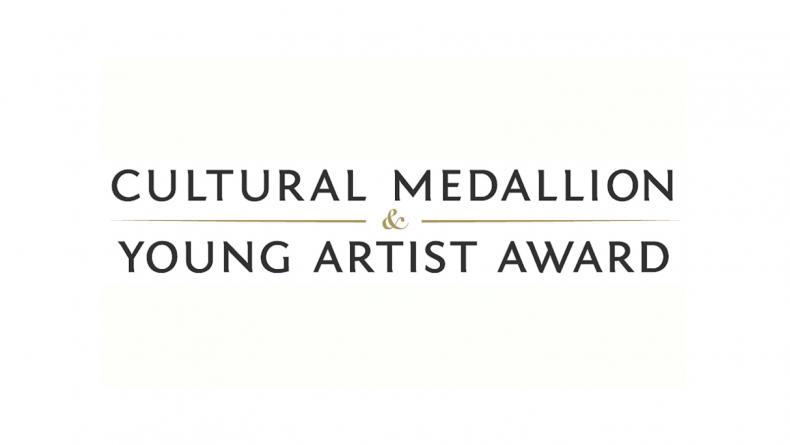
Ars Nova Festival
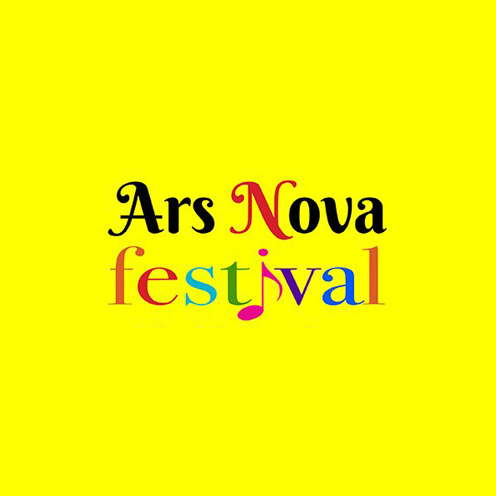
Singapore Youth Award
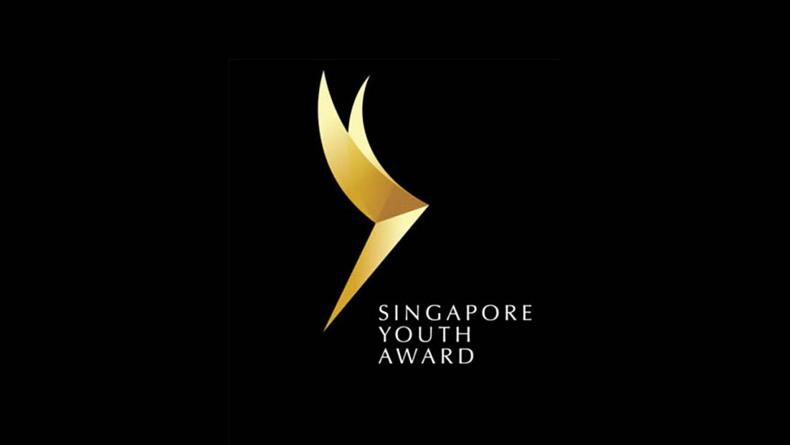
Faculty
Campus tour
